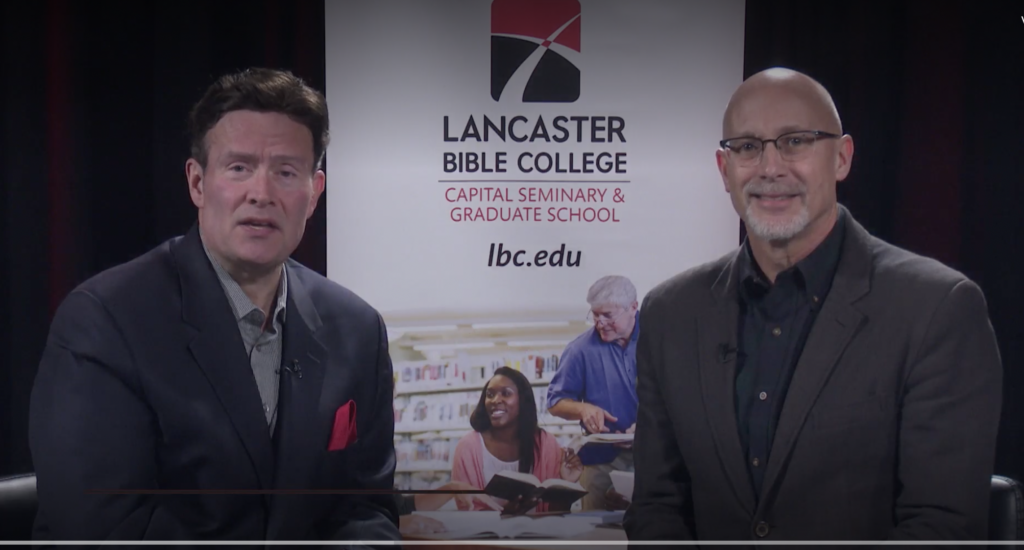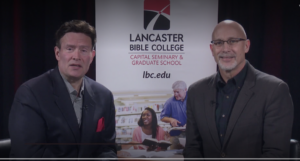This past Saturday I had the privilege of co-leading a four-hour workshop on the campus of Lancaster Bible College | Capital Seminary & Graduate School, Unpacking Sacred Scripture. Our task was to help unpack Psalm 1 and 2, the formal introduction to the Psalter.
I suggested we follow the structure of Psalm 1 and 2. The flow of thought is easy to follow. Here’s what I mean in Psalm 1:
1:1-3 describe the blessed person.
1:4-5 describe the wicked person.
1:6 explains why this is reality.
This past Sunday I had the privilege of preaching Psalm 86. I chose not to follow the structure of the Psalm. Psalm 86 is filled with at least 15 requests to God, with virtually each request followed by reasons why we pray like that.
For instance, 86:1a is “Incline your ear…and answer me…” and 86:1b explains, “for I am poor and needy.”
This same flow of thought continues throughout much of the Psalm.
So, as I often do, I decided to make the first major movement of the sermon devoted to the requests. The second movement dealt with all the reasons why, such as 86:1b above.
In this way, I kept the communication from bouncing back and forth between request and reason. I could spend several minutes of the message focused on the requests and their contribution to theology and the faith-journey. Then, in the second major point, I grouped the reasons why together.
My goal in straying from the structure was to make communication lines a little clearer. It is risky. I made a judgment call that breaking the structure didn’t break the theology of the passage. I preserved the theology by making sure we all knew that the Psalm presented requests with their reasons (keeping the structure intact in our minds).
Before Sunday see if there may be a need to group similar ideas together in a point, even if the text scatters them throughout the preaching portion.
May our Lord receive glory in the church and in Christ Jesus (Ephesians 3:21) as we work hard at clear communication.
Randal







